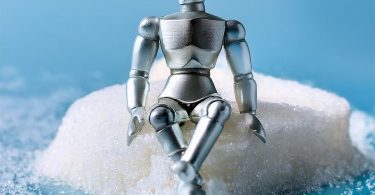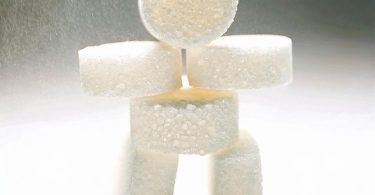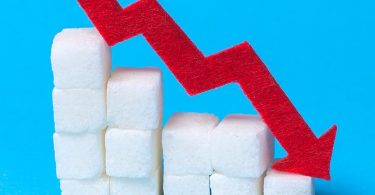Sleep disorders are a major risk factor for accelerated aging and age-related diseases.
Disorders of the circadian rhythm of sleep arise from the desynchronization between the dark-light and the wake-sleep cycles. This results in sleep disorders: insomnia and/or daytime sleepiness.
The consequences can be terrible: the risk of obesity is multiplied by 2 for each hour of sleep lost and in just a few days, sleep restriction increases insulin resistance, thus promoting metabolic syndrome (1).
New studies confirm that high glycation levels are significantly associated with sleep disorders (2).
The non-respect of the biological clock regulating sleep is therefore at the heart of the risks of increasing age-related diseases (diabetes, cardiovascular diseases…) and accelerated aging.
Logically, a good quality of sleep, at least 7 uninterrupted hours per night, helps to slow down glycation and break the cycle of accelerated aging (3).
© AGE Breaker updated 05 2023
[Glycation is one of the major causes of aging. Resulting from the fixation of sugars on the proteins constituting the organism, glycation generates toxic compounds that cause cellular aging. Glycation is particularly involved in metabolic disorders, skin aging and cognitive decline.] [AGE BREAKER, patented nutritional supplements, based on rosmarinic acid, recognized by aging specialists around the world for their properties to reverse the effects of glycation.]More on www.agebreaker.com
#agebreaker #glycation #antiaging #longevitymedicine #preventivemedicine #preventivehealth #skinaging #4pmedicine #advancedglycationendproducts
(1) : K. Spiegel et al. Short sleep and obesity risk. Obésité (2015) 10:51-59.
Doi 10.1007/s11690-014-0415-z
(2) S. Konishi et Al. Effect of advanced glycation end products on nocturia or sleep disorders: A longitudinal study. BJUI. 5 Oct 2021. Doi.org/10.1002/bco2.114
(3) : F. Isami et Al. Association of advanced glycation end products, evaluated by skin autofluorescence, with lifestyle habits in a general Japanese population. Journal of International Medical Research 2018, Vol. 46(3) 1043–105 Doi.org/10.1177/0300060517736914









